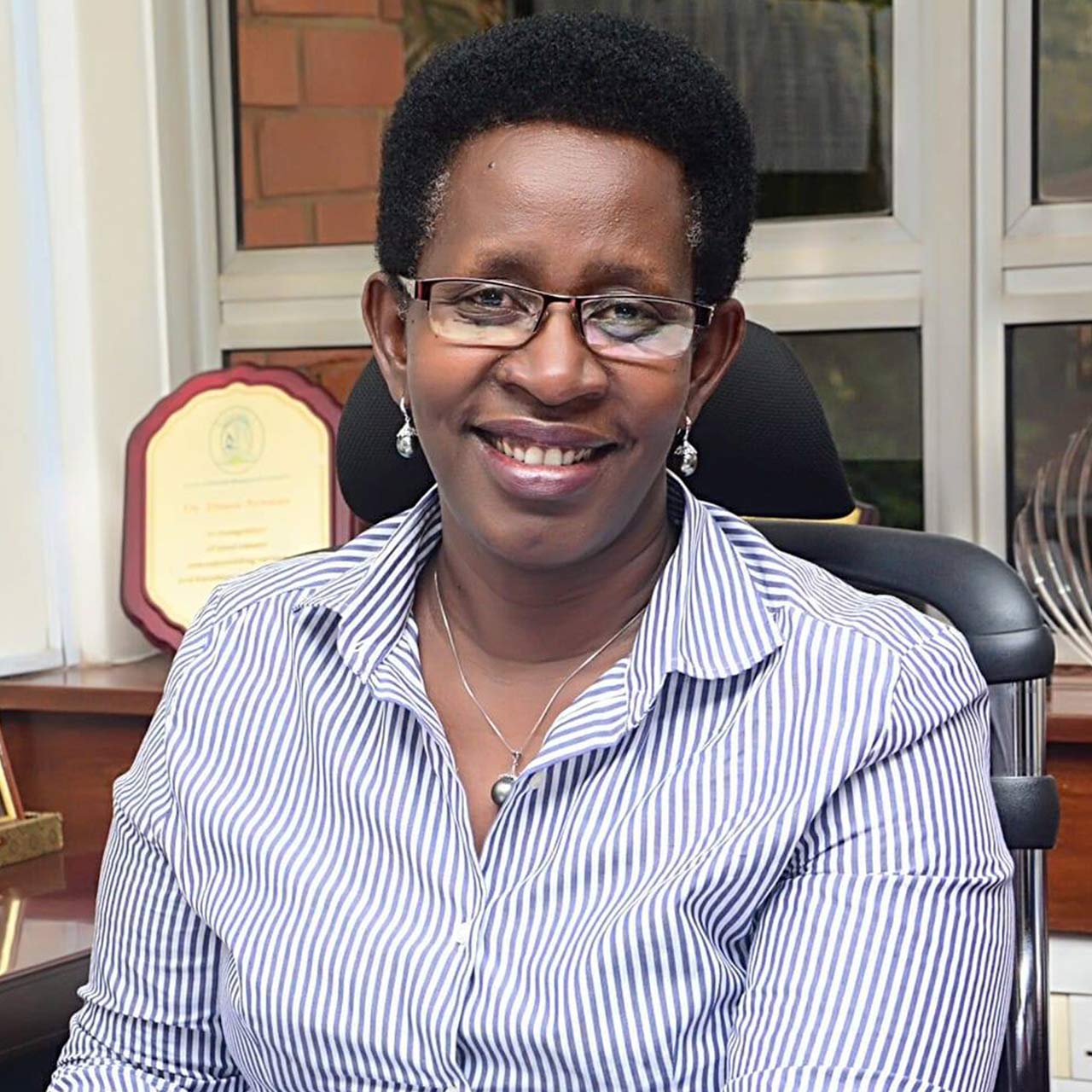October 1, 2023
KAMPALA, Uganda | In an effort to regulate and standardize the practice of paternity testing, the Ugandan Ministry of Health has introduced new guidelines aimed at promoting transparency and accountability in laboratories across the country. These guidelines, officially released during the National Laboratory Sector Performance Review meeting on Thursday 28th September, have been met with widespread support.
Under these new regulations, laboratories offering paternity testing services are required to seek accreditation from the Ministry of Health. The accreditation process ensures that laboratories meet specific standards for sample collection, analysis, and reporting. Additionally, a vital aspect of the guidelines is the inclusion of a counselor or clinical psychologist as part of the laboratory staff. This step is intended to provide emotional support and counseling to individuals and families going through the paternity testing process.
Dr. Diana Atwine, the Permanent Secretary in the Ministry of Health, emphasized the importance of these guidelines in addressing concerns related to paternity testing. She noted that the surge in demand for such services had led to the emergence of clinics advertising themselves as DNA test providers. To curtail such practices, the new guidelines strictly prohibit clinics from promoting themselves as such. Violation of this rule will result in the automatic cancellation of their licenses.
To enhance transparency and informed consent, the guidelines now require users to sign consent forms provided by the Ministry of Health. These forms will capture essential details of the individuals involved, ensuring that everyone understands the implications and purpose of the test.
The need for these guidelines arose from a significant increase in demand for paternity testing services, which the Ministry of Internal Affairs reported to have risen by over 70 percent in recent times, prompting calls for regulation by Members of Parliament.
Dr. Suzan Nabadda Ndidde, the Executive Director of the Uganda National Health Laboratory Services, added that laboratories with international accreditation have grown to 70, aligning with the country’s broader goal of achieving internationally accepted standards for all tests. This move not only enhances the quality of testing but also reduces the need to send samples abroad for specialized testing, making Uganda more self-reliant in its healthcare services.
In cases where DNA samples need to be transferred abroad, the Ministry will now require the facility collecting the sample to have a valid material transfer agreement, subject to approval by the Director General of Health Services.
















